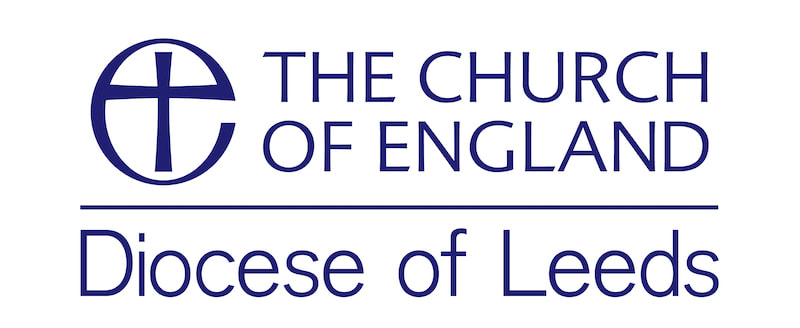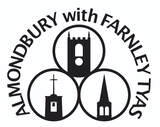|
Last week the Gospel reading was from Luke, and describes the commissioning of the 70 disciples to share the Good News (Luke 10.1-11, 16-20), and prepare the people for the coming of Jesus into their towns and villages. He tells them, as we all know, not to prepare for this journey in the ordinary way, by packing extra clothes, or food, or money, or even sandals. Instead they are to go, as it were, vulnerable into the world, ‘See I am sending you out like lambs into the midst of wolves.’ I’m not sure I would be so keen to go on that journey. I remember my own commissioning, and I was kitted out by the Church of England with an alb, a cassock, four beautiful stoles and a surplice, and sent to the care filled and generous hands of all of you in the Almondbury with Farnley Tyas parish. So the challenge Jesus is setting before the disciples is really hard, and frightening. Of course they were going with Jesus’s blessing, with his teaching in their minds and in their hearts, and while they had not experienced Pentecost, I think we can safely say the Holy Spirit journeyed with them. Still, why was Jesus so prescriptive? Would a few extra tunics and some sandals, and perhaps a few denarii for a hotel really compromise their mission? Clearly, Jesus thought so, and its important for us to consider why. The clue is in the following verses. They are to go to the villages and offer themselves, and their unique spiritual understanding, and relationship to God’s kingdom, to each village they enter. They are to arrive at each village devoid of any of the markers of status that would ensure a welcome. They are to arrive vulnerable and weak. Then they are to offer their particular gifts, and then wait and see if these are accepted, despite their humble appearance. If a village welcomes them, provides them with hospitality, cares for them, then they are instructed to stay and to work within that village through teaching, through healing, through whatever gift the particular disciples have at their disposal. Basically, the disciples have to enter into a partnership, into a relationship with the people that they meet, because only in this way can the Kingdom of God truly be in these places, be in their lives. The disciples are not some kind of special emissary with extra ordinary powers that are uniquely able to do things others cannot. No. The disciples are co-workers with the villagers. The villagers and the disciples are to work together to give and care for each other. And in this way, the Kingdom of God becomes manifest in their villages. Then miracles happen. It's useful to remember Jesus’s visit to Nazareth when the people would not enter into partnership with him, would not enter into a relationship with him because they thought they ‘knew’ him, and expected him to remain in the ‘social box’ they put him in—i.e. that of the son of a local carpenter. He could do no deeds of power there, because they would not enter into a relationship with him of mutual giving. They would not let go of their earthly understanding of status and power and privilege. One of the key values that our parish has identified is inclusivity, and this is absolutely correct. Because we can do no deeds of power in our churches, in our communities, unless we are inclusive. The successes, the miracles, the signs of God’s Kingdom that we have seen in our parish all come from working together, from accepting freely the gifts of other, and by giving the gifts we have to others. We most fully live out that rich life that Jesus promises when we come together humbly, with no purse, no sandals, no extra tunics—i.e. when we leave off the trappings of status, position, and other worldly markers of ‘worthiness’. We most fully live that rich life together when we leave off the ideas of ‘it's their job’ or 'it's my job’ and instead open up our hearts and work in partnership, providing what is needed to each other as the need presents itself, and accepting from those sent to us what we need – who ever they are, and despite whatever ‘official’ role they have in our parish and in our community. As Jesus says we need to ‘eat what is set before us’, uncritically and in love and companionship. When we live in generous, inclusive relationships with each other, in our communities and in our world, then truly, ‘the Kingdom of God has come near’, and truly we can do mighty deeds of power. With all blessings, Jessica
0 Comments
|
Archives
August 2022
Categories |
|
|
|

